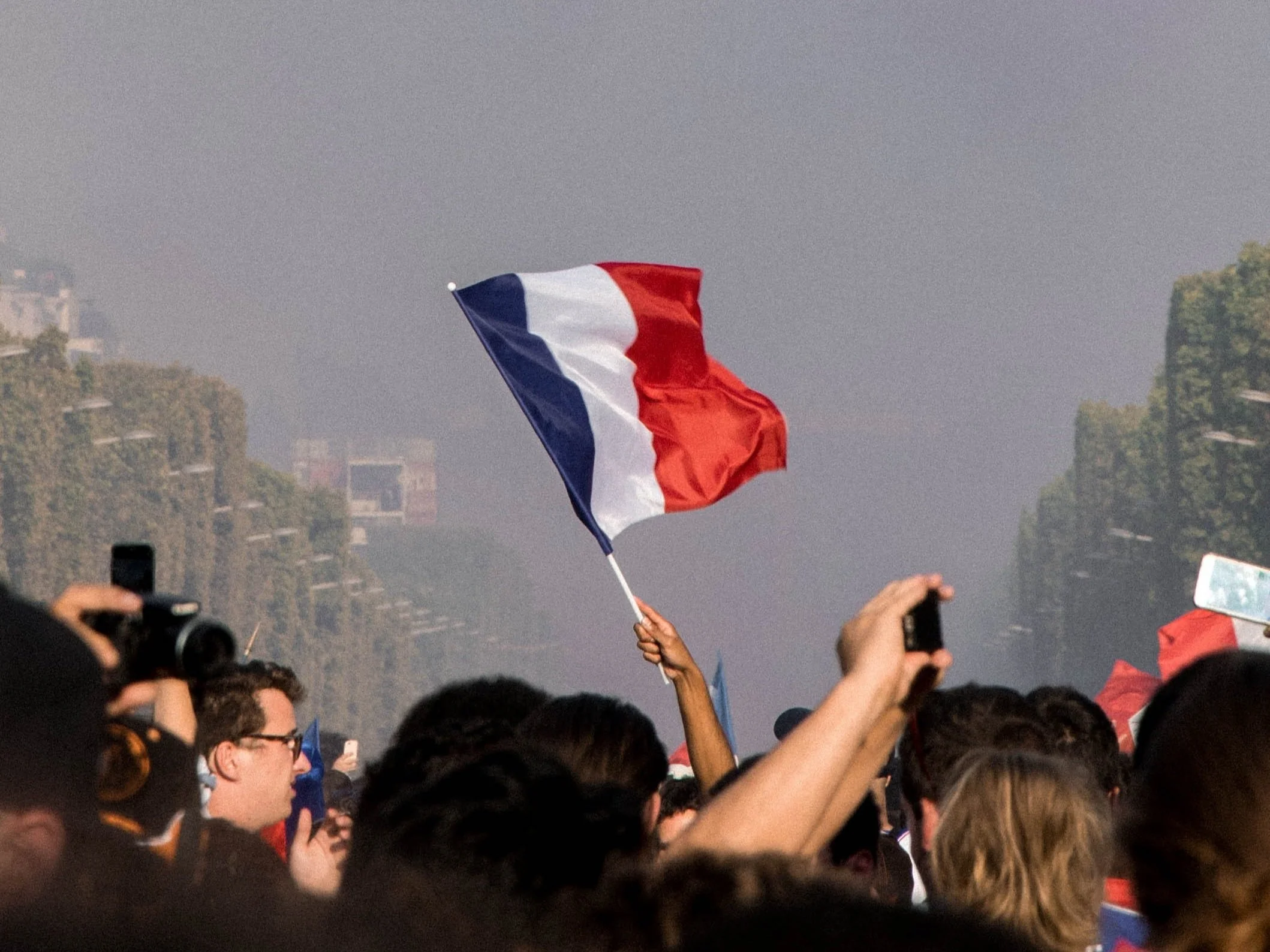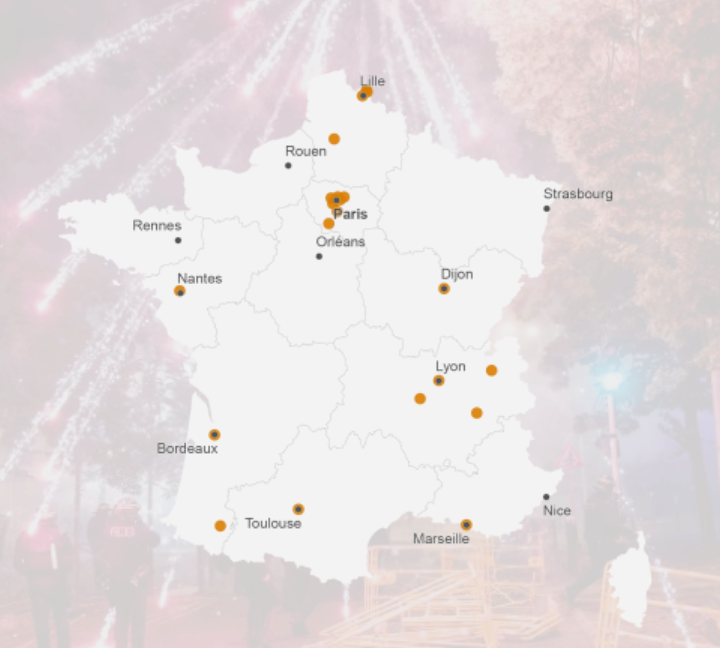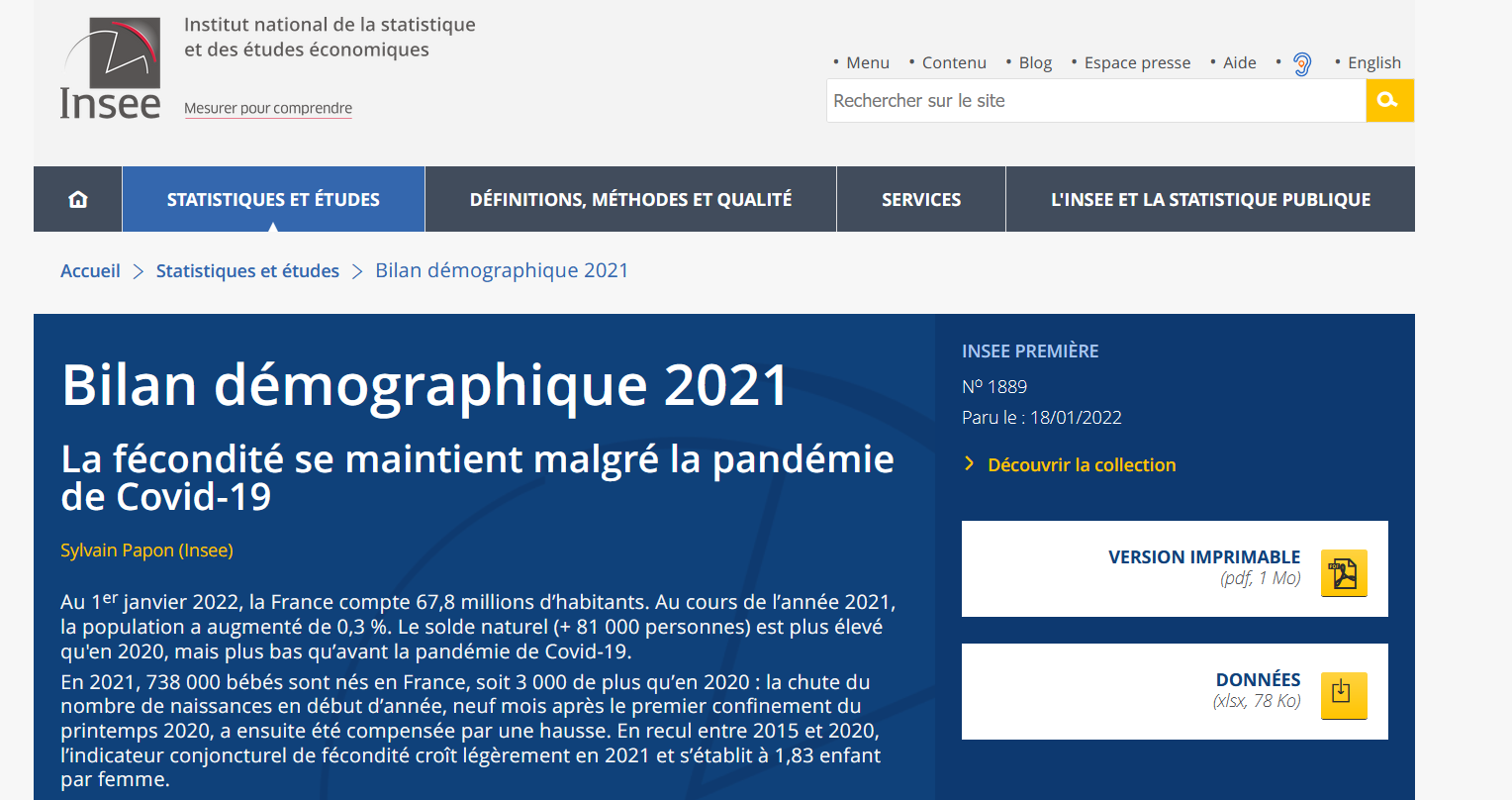Macro Focus: Vive La Woke Française!
Photo via Nicholas and Pexels.com
Recent social Unrest In France obscure an economy and Culture poised to thrive.
Misunderstanding why France matters has never ended well. In 50 B.C., Roman emperor Julius Caesar struggled to manage the early French that burned down most of Western Europe. He lost a million souls fighting them in the Gallic wars. Four years later, he would be dead at the hands of Roman senators angered at how he handled the rebellion.
Some 1,000 years later, resource-rich southern Mediterranean kingdoms like the Fatimid Caliphate or the Sultanates of Khwarazm could not rationalize waves of neo-French clans such as the Iberians, Ligurians, Franks, Burgundians, Alamanni, and Goths. Not only did those tribes fight off their far larger eastern neighbors, they together grew to be the most populous country in Europe.
Even France’s greatest leaders faced hideous outcomes when losing touch with what the country was. The 17th-century ruler Louis the XIV still holds the record for longest-ruling sovereign, at more than 72 years. Le Roi Soleil handily beats out Elizabeth II’s “mere” 70 years on the throne. But Louis so centralized power during his reign, that just 75 years after his death, France descended into centuries of social chaos. The French Revolution, the Napoleonic Wars, and both 20th century world wars were in a sense inevitable after Louis’ mishandling of the rise of the 17th-century middle class.
The death toll associated with France coming to terms with itself is hard to grasp. France probably had a hand in more than 3 million dead in the larger Roman Civil Wars. There were 3 million more who died in the 1st millennium Crusades. Another 3 million would each die in the 14th-century Hundred Year Wars with England and 16th-century Wars of Religion. Napoleon's campaigns left 5 million dead by the early 1800’s. Both 20th-century World Wars killed another 125 million. Similar carnage can be found adding up China’s major battle, like the Three Kingdoms Wars, the Mongol Invasions, and various rebellions and dynastic conflicts across Asia.
Geo-located data of battles around the world show France is among the most fought over land on Earth.
But a world map of geolocated battles throughout history indicates that France is among the most densely fought-over lands on earth. That grind wheel of turmoil is exactly what makes France matter: Francophiles such as Anthony Bourdain and Ernest Hemingway – god rest their souls – sensed immediately that France was unique for its cozy good life and its love of new ideas.
It had better be. Considering France is a landfill of brutal intellectual trial-and-error and dead bodies, the topology of what remains almost has to be significant.
La Woke Francais
And so it was, early last month, that the world had to “think different” about France, yet again. At about 8:30 in the morning on June 27, a motorcycle policeman fatally shot a 17-year-old, identified as Nahel H., as the minor was driving what was probably a stolen yellow Mercedes-Benz hatchback.
Authorities initially issued a statement that police reacted properly to an active lethal threat. But video of the event, shared on social media, clearly showed light-skinned police shooting an ostensibly defenseless child, pointblank. And in a country as violent as France, it should be no surprise that a senseless death of a boy of Algerian descent would draw a swift and senseless reaction.
The Nahel H. shooting prompted riots in about a dozen cities throughout France. Thousands of buildings and cars were vandalized. 3,500 or so were arrested.
Geolocated data indicated 16 major riots took place across France. Something like 3,500 people were arrested, 1,100 buildings were set afire. Around 5,800 vehicles were destroyed. And damage estimates start in the $1 billion range. But this is France. Public lists of civil unrest stretch back to 1229. And prehistoric cave art, from 15,000 years ago in several locations in the country depict battles of some sort, apparently over access to livestock. The damage done in the name of the Nahel H. shooting was about in line with previous riots. For example, similar damage resulted from a 2002 incident, in which 2 teens died as police chased them from an identity check point in a Paris suburb.
What was unique about the Nahel H. rioting was the international fascination. The story became the single most dominant narrative about France since at least 2018. By several measures, interest in Nahel H.’s murder trumped the combined stories of all of France’s elections for the past 20 years, and the country’s entrance into the E.U.
Even more interesting, bitter negative sentiment about police racism and violence flowed through most of the coverage. A spokesperson for the UN rights office summed up the world’s condemnation of France as such: “This is a moment for the country to seriously address the deep issues of racism and discrimination in law enforcement.” Rumors traveled that not only the current government of Emmanuel Macron would be crippled, the entire 5th Republic, which is the current iteration of the French social order, would collapse.
But this is France. It’s battled for 2,000 years to tell its own story. And so it shall. The country has a long secular tradition that rejects defaulting to race as the driver for social issues. France considers thinking about race as both taboo and illegal. It goes so far to prohibit the collection of racial and religious data in the country. In France, one is not Black or White or Brown. One is French, after that one can resemble other Nordics, Caucasians, Mediterraneans, Africans, Caribbeans, Middle Easterners, Indo-Pakistani, or Polynesians.
Many French people point out that its no-race policy can save lives. In 1939, there were 330,000 total known Jews in France. Even though the mass-death period swept through the country starting in 1941, by 1945 a full 75% of those Jews survived. That survival rate is by far the highest for Jews in any country in Holocaust Europe.
Survivors of that period confirm that what kept them alive, in part, was the challenges Vichy France faced in finding and tracking Jews. Anonymity is safety, it appears.
France’s official rejection of race and religion as social classifiers does not mean France does not harvest high-quality demographic data. It just does it in a uniquely French way.
But this nominal social color-blindness does not mean France is devoid of tools to solve for inequality. The country has as detailed a set of demographic data as any modern nation. And its official statement and policies about managing racial tensions are on par with other nations struggling structurally with social issues.
France deserves credit for openly embracing the core concepts of economic inequities that other nations struggle with. Thomas Piketty, probably the most well known economist alive, is an active socialist who works in Paris. His studies of the geography of poverty confirm that the inequities in suburbs equals that of rural areas. Remote towns, like Grincy, show average salaries of around 9,000 Euros a year, that is roughly half of the poverty level in the U.S. Average annual salaries jump to 70,000 Euros in nicer spots, like Neuilly-su-Seine. Those who live in the posh 8th Arrondissement in Paris average 100,000 euros per year. That’s the inequality that drives tensions, as much as race.
By any measure, France has far from the most violent police force on earth. Truly lethal police can be found in places like Venezuela, Nicaragua, and Jamaica. In those places, respectively, law enforcement can kill 1,830, 522, and 472 citizens per 10 million annually. By contrast, police in the United States kill 33 people per 10 million. Denmark, Iceland, and Switzerland each had no police deaths since 2020.
France lands very close to the bottom of the lethal-police list: It only had 5 deaths in 2021.
In the weeks following the killing of Nazel H. there has been surprisingly candid reevaluation in France of its approach to managing its citizens. Summed-up one commentator: “What has become of the values of liberty, equality, fraternity, progress, secularism, and universality that was the basis for France?”
Finding le Bon Équilibre
What’s been overlooked about France is, contrary to its reputation for overregulation, bloody-mindedness, and a lack of private-sector oomph, France is absolutely crushing the economic side of its social puzzle. Its poverty rates, by some measures, are half that of the United States and 40 percent below the combined scores of other major European powers. France has the most companies in the top 100 firms for any European state. The profitability of its luxury brands, like LVMH, Hermes, and Dior absolutely dominated American tech-sector giants.
In fact, the richest person on earth, for a time, was not Elon Musk or Jeff Bezos, but Bernard Arnault, head of the LVMH empire, who essentially makes his billions selling what it means to be French.
Macroeconomically, France is deeply underappreciated. During the torrid inflation wave of 2022 that saw prices rise by 8% in the US and England, inflation in France was up only 5.2 percent. It’s home to probably the most valuable bank in Europe PNB|Paribas. France features a surprising number of effective regulators: Central banker Christine Legarde and the country’s prime minister, Elizabeth Born, are standouts.
More importantly, France boasts a rising birth rate, a rarity for a developed country. And overall it has favorable demographics for having enough young people to pay for the old. Its number of enrollments in childcare for 1- to 2-years-olds is triple that of the U.S. It produces the lowest amount of carbon in producing its energy. It has 3 times the high-speed rail service of the U.S. and double that of other European countries.
The quoted line from commentator Sam Bowman is, “France gets so much wrong and yet it still does pretty well on the metrics that actually matter.”
Le Nouvelle Woke?
Are these overlooked trends enough to engineer France’s innovative response to police violence on their own? Absolutely not. France is as capable of ignoring its social problems just like any other country. Back in 2020, President Macron called for reforms of security practices and police violence, when a Caribbean record producer, Michel Zecler, was beaten by police. And a similar complacency seems to be settling as the story of Natel M.’s murder is overtaken by the revolution in the central African country of Niger.
Change comes slowly to France. But with the Olympics coming next year, officials will be eager to show they can manage an evolving society in a new way.
But the world will be soon watching France in a unique way. The Olympics will be coming to Paris in a year. Officials can’t let civil unrest mar its moment on the international stage. Combine all that with its ancient history, and France might just be at a positive turning point.
Which makes Republique Francaise the most unlikely and delicious of investments: The undervalued economy, sitting amid well-structured financial markets, that offers reasonable access to credit, debt, and some equities.
And then wouldn’t the Laurent-Perrier champagne, served chilled in a perfect stemless La Rochere flute, taste more like heaven than it normally would?





